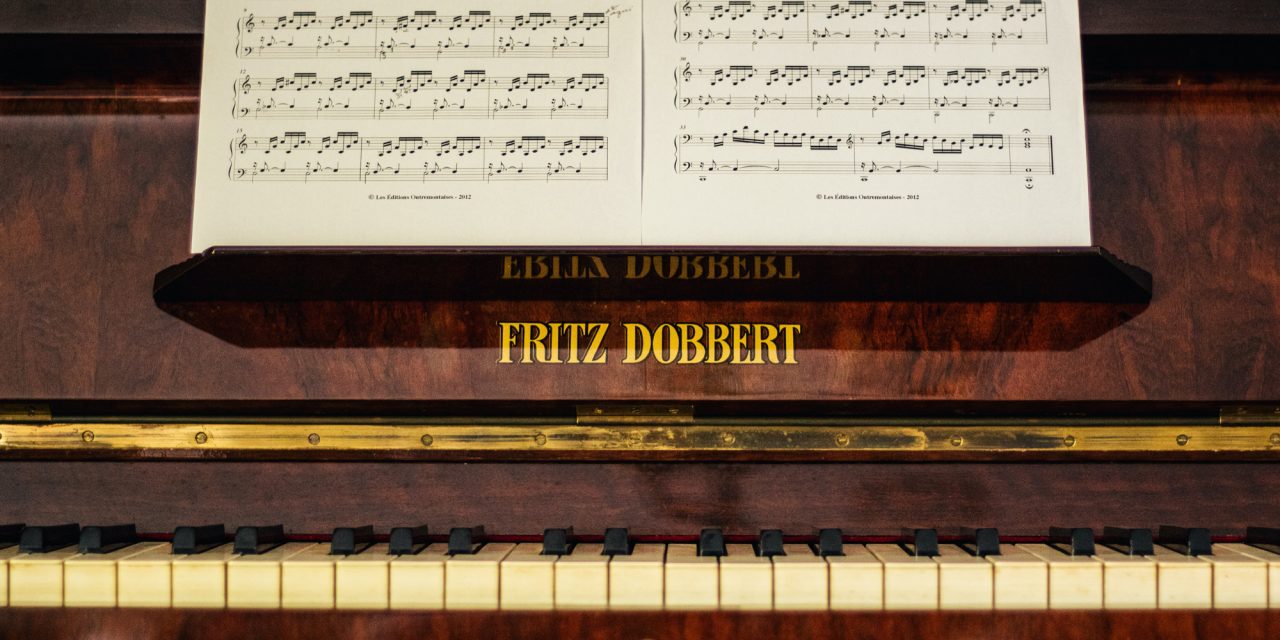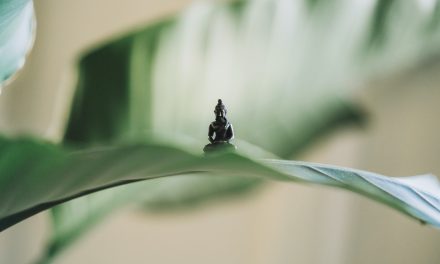If you’ve got exams coming up, try putting some classical music on in the background while you’re studying and again before you go to sleep. You may get a better result if you do, say US-based neuroscientists.
The experts carried out tests on college students. First the students listened to music by Beethoven, Chopin and Vivaldi while taking part in a computer-interactive lecture on microeconomics. Then while they slept in a sleep lab, the same music was played to them while they were in deep sleep. The next day they did better in a test than others who were at the same lecture but who slept the previous evening with white noise playing in the background.
The study – which focuses on targeting reactivation of memories during sleep (TMR) – has been published in the journal Neurobiology of Learning and Memory.
“All educators want to teach students how to integrate concepts, not just memorize details, but that’s notoriously difficult to do,” says Dr Michael Scullin, director of Baylor University’s Sleep Neuroscience and Cognition Laboratory . “What we found was that by experimentally priming these concepts during sleep, we increased performance on integration questions by 18 per cent on the test the next day. What student wouldn’t want a boost or two to their letter grade? The effects were particularly enhanced in participants who showed heightened frontal lobe activity in the brain during slow wave sleep, which is deep sleep.”
If you’re interested in the music the researchers used, it was the first movement of Beethoven’s Moonlight Piano Sonata, the first movement of Vivaldi’s Spring Violin Concerto and Chopin’s Nocturne in E flat Major (Op.9, No.2). The researchers considered using other types of music, but decided on classical rather than popular, jazz or ambient tunes.





